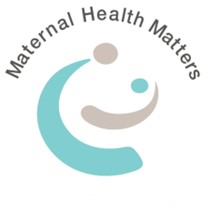Women subjected to maternity care without their agreement report feeling dehumanized

Being able to make decisions about one’s life – including the right to choose one’s own maternity care – is key to a person’s autonomy and personhood.
“The legal authority in childbirth is the woman giving birth, not the providers of care. Yes, they are a team, however it is the woman who truly bears the rights, the authority and the risks of childbirth.”
“The United Nation’s Convention on Human Rights recognises that no matter what our health status we all enjoy legal capacity on an equal basis with everyone else”*. And yet care against the wishes of someone experiencing a pregnancy, is routinely and widely practiced in Australia. This coercion is facilitated by rigid hospital policies and clinical practice standards – a one size fits all approach to create efficiency, and ignores the unique circumstances of the individual woman. .
People subjected to care without their agreement report feeling dehumanized, often with long-term effects on their mental well-being. Coercive practices undermine people’s confidence and trust in health services and can stop people from seeking help when they need it. It is this coercive control that many women experience when pregnancy is treated as an illness.
“Actually acknowledging the pregnant women in labour is in the room, and is actually a human. Bedside manner is a necessity.”
Respecting people’s autonomy can be challenging – especially when the health professional in maternity care only think of the foetus. However, good practices around the world show that is it possible, especially through involving women in their own maternity care planning, assessment and management, for example through shared decision-making, advanced planning, supported self-management and person-centred approaches to care.
Empowering women to have control over their life and maternity care instils personal dignity, value and respect. It can increase self-esteem and confidence. It also gives women a level of choice and autonomy they may not have received otherwise.
*Reference: World mental health report: transforming mental health for all. Geneva: World Health Organization; 2022. Licence: CC BY-NC-SA 3.0 IGO
